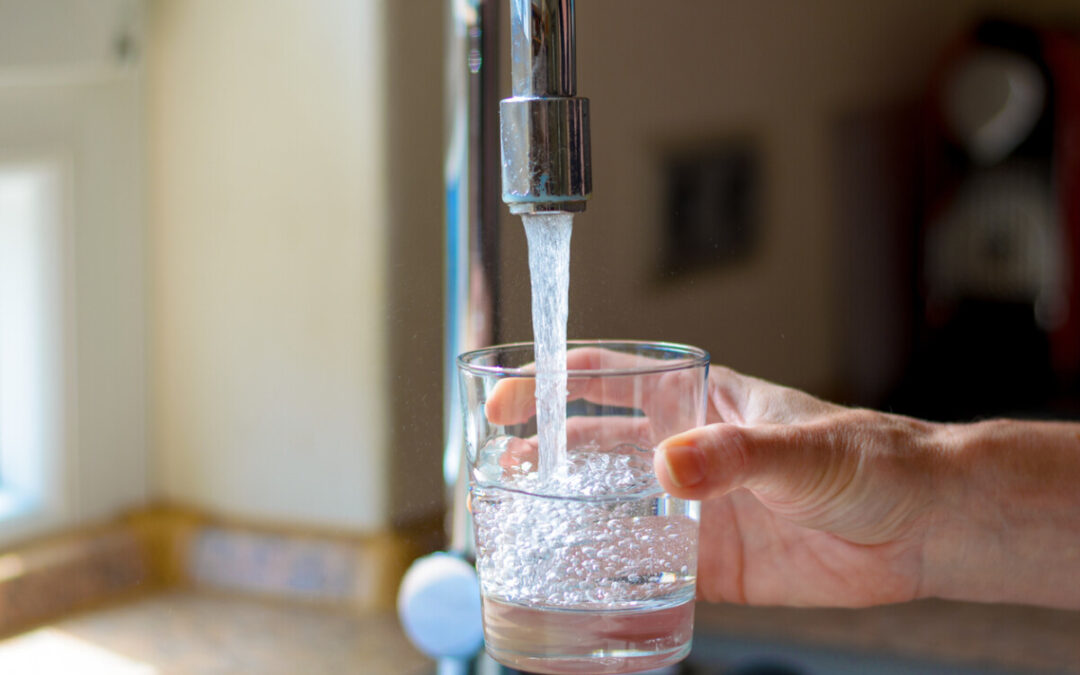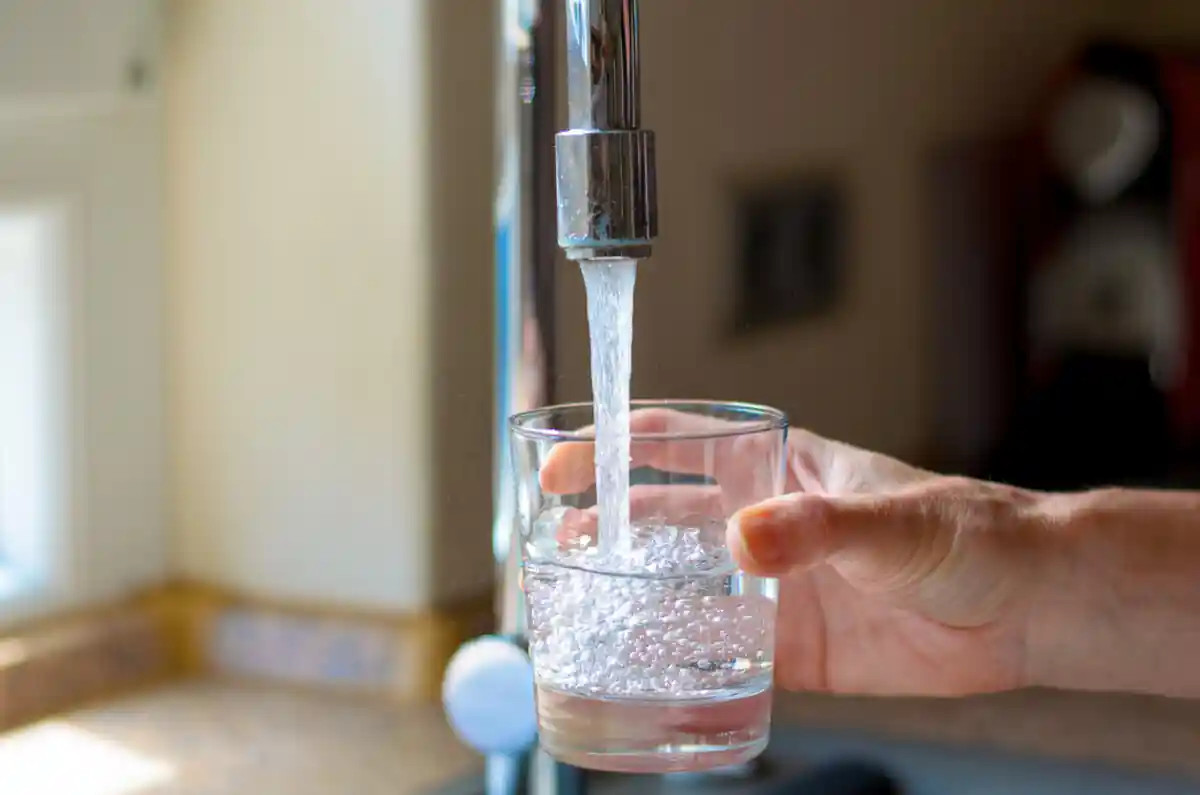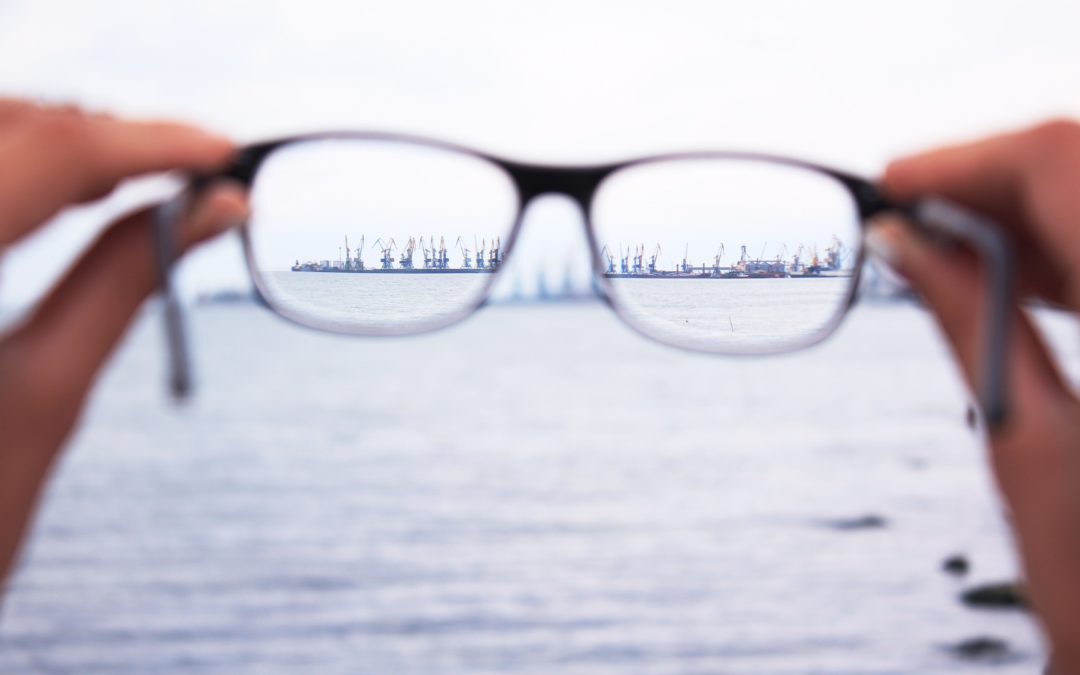
by mobilityplus | 10th May, 2021 | Health

We’re regularly reminded of how important hydration is for everyone, young or old. But did you know that our hydration requirements change as we age? Water is one of the most critical elements, with up to 60% of the human body made of water. Keeping hydrated is essential for the normal function of our bodies. So, why do we need to monitor our hydration more closely the older we get?
Request a Free Brochure
Simply fill out a quick form and see how we can transform the way you bathe.
Request Free Brochure
From the effects dehydration has on the body and mind, to the benefits a well-hydrated system can offer, there are lot of reasons we need to manage our water intake. A recent study published in The Journal of Physiology found hydration plays an essential role in managing body temperature and fighting off a range of health issues. With water used by every cell in our body, we must take care to fend off dehydration, especially as we approach the warmer months in summer.
It’s not always well known that we need to increase our water intake as we grow older, which means this gap in knowledge can be causing many to underestimate how much water they should be consuming every day. Discover why hydration is so important and how to improve your water intake.
Why is hydration important?
Good hydration is a crucial part of a healthy diet. Healthy hydration levels affect almost every bodily function, including supporting our blood system by carrying essential glucose, oxygen and nutrients to cells, helping our kidneys to filter waste products we no longer want from our systems, lubricating our joints and eyes, helping the normal function of our digestive system and keeping our skin healthy. Good hydration levels have also been linked to improved cognitive function, better quality sleep and overall improvements in mood.
Signs of dehydration
There are a broad range of symptoms that we can experience if dehydrated, and they often depend on the level of dehydration being experienced too. Signs of dehydration often include:
- Dry mouth, lips or eyes
- Feeling thirsty
- Dizziness or light headed
- Infrequent urination and/or darker coloured urine
If you notice these signs, you should prioritise increasing your fluids to prevent the problem becoming worse. If symptoms persist, this could lead to complications associated with dehydration, such as:
- Low blood pressure
- Sunken eyes
- Reduced skin elasticity
- Drowsiness, confusion and/or disorientation
Long term dehydration can result in:
- Reduced kidney function and infection
- Constipation
- Muscle damage
- Dry or flaky skin
- Fatigue
Causes of dehydration
There are a number of reasons someone can become dehydrated, from not consuming enough fluids to illness. Commonly associated causes of dehydration include:
- Vomiting or diarrhoea
- Heatstroke
- Diabetes
- Excess sweating
- Fever
- Consumption of certain drinks such as alcoholic beverages
- Certain medications that are known as diuretics
Why is hydration more important as we age?
Dehydration is a common problem among elderly people in the UK, made more pronounced during the hotter months of the year. There are a number of reasons this occurs more often in older people than in younger. The water levels in our body decrease as we age, meaning that between the age of 20 and 80 years, there is approximately a 15% reduction in our water volume.
This is a natural effect of the ageing process, which is why as we age, we must take care to pay attention to our fluid intake. This reduced water volume as we age means we become more susceptible to dehydration the older we get. Our threshold for hydration is decreased, meaning the onset of dehydration can happen more rapidly than when younger.
Sweat is a common function of the body that helps us to regulate body temperature. However, when we are older, this becomes more difficult to manage. With naturally lower water volumes, the body doesn’t manage heat regulation as easily, which can result in increased strain on the heart, especially during exercise.
Temperature regulation isn’t only associated with exercise, though. It affects us whenever we need to adapt to our environment, whether hotter or cooler. Hydration helps mitigate issues related to body temperature, such as risk of heat exhaustion, heat stroke and adverse heart problems.
Some important benefits of maintaining hydration extend beyond the regulation of body temperature too:
Improved physical and mental health
Our minds have been found to be healthier when our hydration levels are higher. This encourages improved cognitive function and allows our brains to function at their full capability. Exercise is also easier for people when they are hydrated, improving endurance levels, heart rate and speeding up the recovery process.
Prevents illness
It’s no surprise healthy hydration keeps illness at bay. From reducing short term risks associated with dehydration, such as urinary tract and kidney infections, to long term conditions such as diabetes, hydration plays a key role. Not only does healthy hydration reduce the impact of illness, but it also helps with the recovery process if we do fall ill.
Better mood
Hydration has been linked to your mood, with even mild dehydration having an impact on how we feel. From feeling more tense or ‘off’ to playing a role in feeling down, not getting enough H20 can have more of an impact than we realise. With water playing a vital role in our emotions, ensuring we’re reaching optimum hydration levels can keep us feeling better.
How much water do I need to stay hydrated?
Most adults should aim for around two litres of water per day to maintain good hydration levels. For most people, this equates to around 8–10 classes per day. While this is a good base indication, it’s important to note that water intake will differ from person to person and is highly dependent on activity and climate. This is why in the summer we often need more fluids than during winter.
A lot of people wonder if only water intake contributes to their hydration. While water is the best source of fluids to maintain your hydration level, tea and coffee contribute to your fluid intake, as do foods with high levels of water such as cucumber, watermelon and berries. It is important to ensure you are not relying on food and tea or coffee to provide all of your fluid intake.
How to improve your hydration levels
Maintaining hydration can become more difficult as we age. Older people tend to have reduced thirst levels, which means they don’t notice they are dehydrated until later than a young person would. It can also be difficult with people who are experiencing dementia as they may forget to drink.
To improve hydration levels, consider these tips to help you stay on top of your fluid intake.
- Drink small amounts often. By drinking smaller amounts of water more frequently you can maintain improved consistency in hydration levels.
- Swap regular tea and coffee for decaffeinated versions. Caffeine is a diuretic, meaning it encourages the body to eliminate fluids. By switching your tea and coffee to low caffeinated versions, you will reduce the diuretic effect.
- If you have trouble drinking two litres of plain water daily, consider adding fresh fruit including citrus or berries to your water to gently and naturally flavour it.
- Keep a bottle or jug of water close to you. If you keep water within your sight, you are more likely to drink it more often and reach your daily target.
- Keep tabs on how much you drink. This can be noting down how many glasses you are having or using a water bottle that has measures on it to show you how much you’re consuming.
- Add high fluid foods to your diet. Soups, smoothies and lots of fruits and vegetables contain higher amounts of water. While these shouldn’t be relied upon to increase fluid levels, they can contribute up to as much as 20% of your daily water intake.
- Setting yourself reminders can be a useful way of ensuring you keep up your fluids consistently throughout the day.
- Drink a glass of water with every meal, this makes it easy to remember to drink and can also help you avoid overeating at mealtimes.
Can you drink too much water?
The simple answer is yes, you can drink too much water. Over hydration is a problem when someone consumes too much water, which reduces the electrolytes in your body. A fall in your electrolyte levels can cause headaches, nausea and muscle weakness. Signs you have consumed too much water can include swollen lips, hands and feet – though this differs to fluid retention caused by other conditions. If you are concerned about over hydration or dehydration, you should speak with your doctor to ensure you are maintaining optimum hydration levels to keep you healthy.
Mobility Plus are dedicated to making life around your home, in particular your bathroom, easier and more livable. By providing a range of walk-in showers and walk-in baths for disabled and elderly, we help people improve their bathrooms for increased access so showering and bathing at home becomes safer. Explore our full range to discover how you can make the most of these modern and stylish additions to your bathroom.

by mobilityplus | 25th Nov, 2020 | Health

One of our five senses, our eyesight is crucial to how we function every day. As we age, many of us will be faced with changes to our eyesight that means we have reduced or impaired vision. While this is a common symptom of ageing and often inevitable for many, there are ways we can help to protect and even improve our eyesight, so it serves us better for years to come.
Vision aids including glasses and contact lenses can go some way to helping us see and there are more invasive options such as Lasik eye surgery for those who are suitable candidates, however, there are other ways we can support our sight too. Here are the best 8 ways to help improve and protect your eyesight.
- Regular eye tests
Prevention is better than a cure which is why it’s crucial to attend regular eye tests to ensure any issues are spotted early and can be dealt with before they progress. A visit to your optometrist isn’t just for checking your glasses prescription. They also look for other diseases or conditions that show up in the eyes including glaucoma and cataracts, as well as signs of more general health conditions such as high blood pressure or diabetes. Eye tests are usually conducted every two years but may be required more regularly if specified by your specialist.
- Wear the correct prescription
It might not seem like much but wearing a prescription that isn’t correct for you or is outdated can do more harm than good. Not only can wearing the wrong glasses or contact lenses make it more difficult to see, but they could also be straining your eyes and effectively degenerating them prematurely.
- Quit smoking
We know there are a whole host of health issues related to smoking and the eyes are perhaps a less common organ we think of when it comes to the effect of smoking on our body. Research has found smokers had increased risk for developing macular degeneration, especially heavy smokers that consume a pack-a-day or more. If the well-known side effects weren’t enough to help you quit, protecting your sight might change your mind.
- Use appropriate lighting
Ever found yourself squinting when the light is a bit dim? If you’re reading, undertaking craft activities or even cooking, you should ensure to provide adequate light to avoid eye strain. As you age, you will need to increase the amount of light you need to see properly. So much, that the amount of light you need to see at 20 needs to increase as much as three times by the time you’re 60. If you need additional light sources, add in extra lamps where you read or increase the wattage of your bulbs in overhead lighting in rooms such as your kitchen.
- Sun Protection
In the same way, our skin needs to be protected from harmful UV rays with SPF, our eyes are also sensitive to the effects of ultraviolet rays. Over time, exposure to sunlight without adequate protection can increase the risk of sight-related diseases such as cataracts, keratitis and conjunctival cancers. Protect your sight by wearing sunglasses that block both UVA and UVB rays and wear a hat when possible to reduce the exposure that can creep in from above. Don’t forget it’s not only in summer that the sun’s rays can cause damage, the reflection from snow and water is also a big contributor.
- Diet is key
Following the right diet that ensures you are consuming the vitamins and minerals, you need to keep your eyes in shape is a huge benefit. Not only do they help with your overall health, but some nutrients found in certain foods can have a huge impact on protecting your eye health.
- Antioxidants – found in a lot of dark leafy greens as well as brightly coloured fruit and vegetables, antioxidants help to fight the effects of free radicals (oxidising agents) that can contribute to eye diseases.
- Carotenoids – certain plant pigments called Lutein and zeaxanthin have been found to help protect the retina. These are commonly found in fruits and vegetables that are yellow, orange and red such as squash, carrots, grapefruit, oranges and sweet corn. They’re also found in a few greens including broccoli. Seems our parents were telling the truth when they said eating carrots would help us see in the dark!
- Healthy fats – don’t be afraid of these kinds of fats, they are actually incredibly beneficial for our health. Omega-3 essential fatty acids are found in fish, canola oil, flaxseeds and chia seeds as well as walnuts. Touted as helping with conditions related to dry eyes and cataracts, they’re also great for your overall health.
- General health
It goes without saying, but looking after your general health and wellbeing will give your eyes a better chance in the long run. Maintaining a healthy weight and keeping up an exercise regime that is suitable for your age and fitness level will improve circulation and oxygen intake as well as reduce the risk of health conditions such as diabetes and high blood pressure.
- Sleep
Sleep is the body’s natural repair session. When it comes to our eyes, as we sleep they are constantly lubricated which can ease dry eyes as well as flush out irritants that we have accumulated throughout the day. Ensuring you get enough sleep helps your body to repair the eyes naturally and prevent irritation. 7–8 hours is recommended for adults to ensure they are getting their optimum support for their body and mind.
As you age, it’s normal for your eyesight to deteriorate and to wear glasses or contact lenses. While this is common, following the suggestions above to help improve and protect your eyesight should help reduce the impact. Not only that, but they’ll also be better for your overall health. It’s a win-win really.
We understand that the impacts of vision impairment as we age can make everyday activities more difficult. At Mobility Plus, we help with a range of walk-in bath for disabled and elderly and walk-in shower solutions that take away some of the difficulty at home associated with stepping over the side of the bath or into a shower that isn’t level with your bathroom floor. We can help optimise your bathroom when your eyesight is getting in the way.

by mobilityplus | 30th Mar, 2020 | Health

Eyesight – it’s one of those things that we take for granted while we have it. Of course, some people are blessed with 20/20 vision for most of our lives, whilst others experience short-sightedness from a young age. But what no one can escape is that, with age, our eyesight will change.
As much as we might want to fight the signs of ageing in all their forms, changes in vision are unavoidable as we grow older. But what are the normal signs of ageing eyesight – and which signs are reasons to worry?
Keep reading to find out how eyesight changes as we age.
We find it harder to focus
If there’s one symptom of ageing vision we all know about, it’s the inability to focus on items close-up. When we’re young, we’re all bemused by our parents, holding their phone as far away from their face as possible – but the years go by, and before we know it, we’re doing the very same thing!
The condition that causes this is called presbyopia, and it affects all of us eventually, mostly after the age of 40, Presbyopia is the hardening of the eye lens, which becomes less flexible, causing difficulty in focus. This is completely normal – not at all dangerous – and can be treated with reading glasses.
We struggle to adjust to light changes
As we grow older, it is normal that our muscles lose strength. The same apply to the eye muscles, which become weaker with age. This causes the pupils to reduce in size, and therefore become slower to adjust to different lighting. Many people will find that they become more sensitive to bright lights as they age for this very reason.
Our peripheral vision wanes
If you have ever wondered why there is such debate around a maximum driving age, it is because of the issue of peripheral vision. As we grow older, our peripheral vision decreases – by one to three degrees each decade. That means that by the age of 70, our peripheral vision has reduced by between 20 and 30 degrees. Quite a significant amount when you’re behind the wheel!
Colours fade
Don’t worry, the world does not fade into monochrome in old age – but our colour vision does gradually become impaired. This is because the cells in the retina that produce colour vision become less sensitive with age, causing colours to appear less bright. The contrast between different colours will also appear less stark. Blue tones are known to be particularly likely to look faded with ageing vision.
Our eyes get drier
One of the more frustrating symptoms of ageing vision is dry eye. Simply, this is a condition we experience when the eyes are no longer able to produce enough moisture to create fluid in the tear ducts. The result is dry, scratchy eyes. Luckily, though, it can be easily managed with eye drops.
We get ‘floaters’
Floaters are a frustrating part of most people’s daily lives, but as we get older, these irritating spots in our vision become more common. Floaters are caused when the gel-like vitreous inside the eye begins to separate from the retina. This is a normal part of ageing, but if you begin to experience regular flashes of light, you should consult a GP, because this could indicate a detached retina, which is a much more serious problem!
It is inevitable that our vision will change as we age, just like everything else. In most cases – like those listed above – this is nothing to worry about. However, it is important to monitor any changes in your vision, and see an optician and GP regularly to ensure your eyes are in good health.

by mobilityplus | 19th Dec, 2019 | Health

Games are essential to keep your cognitive function in great shape and your mind working as well as it should. Here are a few of our favourite classic games for you to try out, along with a bit of information on how they can keep your brain healthy.
Sudoku
What are the rules? Sudoku is a single-player game, usually completed in a dedicated Sudoku book. That’s great for those who love puzzles and want to keep the part of their brain that deals with numbers sharp. A Sudoku grid has 81 squares and is divided into nine blocks of nine squares. Each block must contain the numbers one to nine, but only once. Each row and column must also include the numbers one to nine, with no repetition. Objective reasoning and a process of elimination are the keys to cracking the game.
Why do we like it? The logic and planning that goes into completing your Sudoku grid exercise your concentration, logic, reasoning, numerical skill, and short-term memory. We think you’ll find it more than a little bit addictive!
Where can I find Sudoku? In dedicated puzzle books, often on the puzzle pages of newspapers and magazines, or for free online.
Crosswords
What are the rules? If you’re not familiar with how crosswords work, here are a few handy tips. You’ll have two lists of numbered clues: those going down, and those going across. Each clue gives a hint to the word that should go in the corresponding box on the neighbouring puzzle grid. Sometimes the clues might be a pun or form of wordplay. Some of them might take a bit of thinking, so a difficult crossword could definitely keep you occupied for at least a couple of hours!
Why do we like it? Crosswords exercise our memory and our general knowledge. First one might eventually suffer a bit in later life. They’re also essentially built for one player, so you can do them alone (and don’t be afraid to ask for help with clues when you do have visitors – we don’t think it counts as cheating!) Is there anything more satisfying than coming to the end of a filled crossword grid and knowing you’ve got all the right answers in place? We don’t think so!
Where can I find crosswords? Like Sudoku, you can almost always find crossword puzzles in the backs of newspapers and magazines. You can also find lots of crosswords online. We’d recommend purchasing a puzzle book that’s filled with crosswords, though – it’s likely to be better for your eyes rather than staring at a screen, and you can work through it at your leisure.
Solitaire
What are the rules? You can play Solitaire on your own, either online or if you have a deck of 52 cards. There are various different types of Solitaire, but to play the most basic version you need to start with seven piles. The first pile must have the card furthest to the left facing up, with the other six facing down. Then place a card facing up on the penultimate pile from the left, and add a card facing down to every pile to its right. Repeat this, working along the piles until you reach the end and every pile has a card facing up.
Now you’ve set up your deck, you need the rules. The rules of Solitaire are best described visually, so for an easy explanation watch this video.
Why do we like it? Solitaire is one of the oldest and most classic games there is. Its benefits include relaxation and increased memory function, and it also gives your brain a cognitive boost in general.
Where can I find Solitaire? You can find lots of free games of Solitaire online, or you can play with a regular deck of cards.
We hope we’ve given you some ideas for how you can keep your brain active at the same time as improving your puzzle skills. Learn more about wellness trends to do with the family here.

by mobilityplus | 30th Oct, 2019 | Health

One of the most frightening aspects of dementia is the isolating effect it can have. But there are support and community groups there to help alleviate these feelings. And you can customise the care to suit both you, your family, and your parent.
By creating a positive space for people dealing with Alzheimer’s, you can start to combat the impact it has on your daily lives. It’s also important to increase your knowledge of the syndrome, to develop better coping methods. If you’re caring for a parent with Alzheimer’s, here are some of the best resources available to you and your loved one.
Looking for care
Getting the right support for those with Alzheimer’s will help alleviate the pressure on you, and it will give your parents the care they need. It may be that you’re thinking of respite care or care homes.
Before you start the process of looking for care, do your homework. Every option has its own benefits and potential drawbacks depending on your preferences, lifestyle, and commitments. The same goes for your parents. They may prefer a certain solution over another. Talking through the options with your relatives, including the parent themselves is an important part of the process.
It’s worth remembering that often, Alzheimer’s comes hand-in-hand with complaints like:
- Low self-esteem
- Low confidence
- Feeling a loss of independence
- Confusion over social roles and relationships
- Inability to carry out everyday tasks
- Loss of everyday skills
All this can easily lead to anger and frustration on your parent’s part. Not including them in your ideas for support and care can only add to those feelings. So, take time to speak to everyone impacted by your parent’s dementia, whether that’s other family members or your parents themselves.
Other ways to support ageing parents
The good news is that there is help out there for both you and your parents. Social care and support can range from paid carers for help at home, to household gadgets, personal alarms and security systems. Innovations and simple adaptions to daily life can make all the difference are some cases. Or, you can look into care homes.
You can also look into local groups. By searching the alzheimers.org directory, you can see if there are any support groups that welcome both Alzheimer’s sufferers, and their carers. Often, it’s a good way to meet others and build a support network for both you and your parent.
Practical solutions
It’s a great idea to visit the GP as a starting point. It’s advised that people with dementia should have a review with their GP at least once a year, even if they’re in good health otherwise. They may also be able to help advise on options for ongoing support and care.
You may also want to research different types of care homes, ways to support your loved one if they need to go into hospital, adaptations for their home, and tips for looking after yourself as a carer. After all, looking after someone with dementia can be an emotional experience.
Creating happy memories
Focusing your energy on creating special memories can be beneficial for both you and your relatives when dealing with Alzheimer’s. Some ideas include making a memory book or box to help your parents remember their life story. Or encouraging them to take part in games and activities that rekindle happy feelings, whether that’s flying a kite or playing bowls. Music can be another powerful way to boost positivity.
Remember, some options may feel more suitable, depending on the circumstances. But help and support are out there. And there are ways to alleviate the strain for everyone.

by mobilityplus | 23rd Aug, 2019 | Health

Staying fit and healthy is important throughout our lives, but as we age, it’s more important than ever to take care of both body and mind. Wellness is a term commonly used these days to encapsulate all kinds of healthy lifestyle practices. Ultimately, so-called wellness practices are easy to implement into your life and can make all the difference to your enjoyment of it.
The trick to changing your lifestyle for the better is knowing where to start. Simple but effective ways of readdressing the balance can come down to eating right and exercising. It’s all about mixing up your old routine, kicking unhelpful habits, and enjoying time with those closest to you.
Step 1: Remember why your health matters
After a lifetime of certain habits or routines, it can feel like a wrench to change your ways. But there are a few very important reasons to consider doing just that. Staying healthy in old age can give you a longer life and help fight against diseases ranging from depression to diabetes.
By introducing new, healthier ways of eating and exercising, you can also boost your mood and reduce your weight. All this, in turn, can improve your self-esteem. After all, feeling healthy and being proud of your physical appearance is just as important for older people.
It’s also good to show younger generations that your focus on health doesn’t stop as you age. Encouraging children and grandchildren to take part in an exercise with you provides a positive message that can be passed down through the generations.
Step 2: Choose your wellness activities
It can be intimidating taking up a new activity or moving away from old routines. It’s reassuring to know that there are so many ways to enjoy a healthier lifestyle, so you really can tailor it around you. From researching your options to implementing a plan, think of the whole process as a fun and worthwhile endeavour.
Drawing up a list of pros and cons of activities and lifestyle changes can help you whittle things down. For instance, if you love to cook, why not look into new healthy recipes. You can even test them out on friends and family and gather everyone’s opinion after.
Step 3: Tackle physical exercise
This part can feel more daunting to some, especially if you have a health condition that makes exercise difficult. But an active lifestyle doesn’t have to involve high impact activities. By incorporating exercise into your daily life, you could tackle the issue while fitting it around your normal routine.
Walking instead of driving where possible is one good swap to make. Thinking about the three elements of fitness can also be a useful starting point. Endurance, strength, and flexibility are the three areas you need to consider. A range of activities like walking, gentle stretch yoga, and water aerobics are all activities that can be enjoyed at all fitness levels.
Step 4: Think of the social aspect
Aside from looking after your body with the right food and exercise, focusing on a healthier lifestyle can encourage more social interaction too. From gentle walks with the family to joining a local club or taking part in a weekly class, it all gives you an opportunity to meet people and build relationships.
Step 5: Start your own thing
If you feel like it, you could even start your own event. Whether that’s a cooking evening where you swap recipes or a weekly walking club. Remember that staying healthy is worth the effort. It will enable you to get enjoyment from the world and the people around you and help you to retain your independence as you age. All of this makes it a life worth living to the full.










